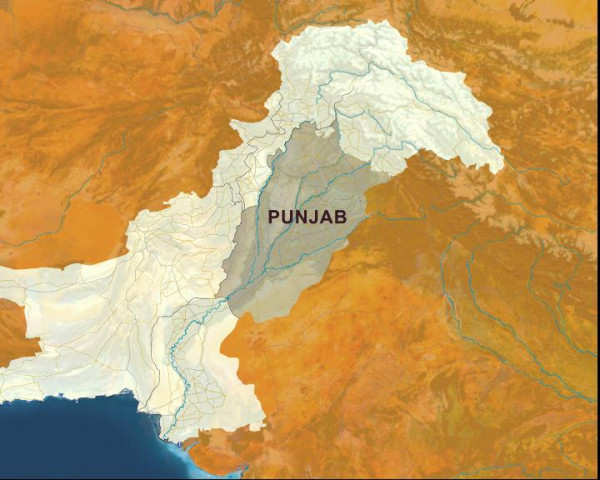Punjab Model for Proactive Governance: New anti-corruption drive makes waves
The ‘Jhang Model’ is being developed by the Punjab govt and the World Bank.

Punjab Model for Proactive Governance: New anti-corruption drive makes waves
Applauded by the World Bank, adopted by the Punjab government, appreciated by the public and admired by independent evaluators, an anti-corruption governance mechanism is making waves in Punjab.
The Jhang Model – which is officially known as the Punjab Model for Proactive Governance – is a filter through which the government evaluates and accounts for its own performance by reaching out to citizens through SMS messages or phone calls.
In a country ranked the 42nd most corrupt nation on earth, according to Transparency International, a move by the government to ask citizens to comment on corruption, is a much needed one.
The World Bank awarded it the prestigious 2011 Innovation Fund Prize and is working with the Punjab government to scale up the model. “The creation of a direct feedback loop with citizens can bring big benefits to all areas of public service delivery and we look forward to partnering with the Punjab government and learning from its experience,” the World Bank wrote in January 2011.
The idea to fight rampant petty corruption in the public sector was conceived by a young District Coordination Officer (DCO), Zubair Khurshid Bhatti, when serving in Jhang in 2007-08. He asked for a collection of mobile numbers of citizens. Instead of waiting for complaints to happen, he started calling citizens who interacted with the government on day-to-day affairs such as registering land or seeking indoor health services and inquiring if they were asked for a bribe.
The initial response was very positive. Pleasantly surprised citizens would soon warm up and give valuable feedback. A couple of disciplinary actions later, petty corruption in monitored services in the district fell substantially.
Bhatti’s brainchild is now being adopted and practiced by the public administration of five districts in the province and five more are in line. The mechanism is past the teething stages and now the Punjab government is in the process of ironing-out the rough edges and incorporating it as an inherent internal filter for corruption in the public sector.
The best thing perhaps about this model is its cost-efficiency. “It is a way of empowering the common man with the minimum resources, time-loss and that too with the least possible human resources or bureaucracy,” said Ahsan Younis, the district police officer in Toba Tek Singh, who has run a pilot of the project in his district over the past one month.
“It’s like a call centre where the operator holding the record of a government transaction or task calls or sends a text message to a citizen and asks about the quality of service or any malpractice,” said DPO Younis. “That’s it. And it works. Really it works wonders for the image of the government and also in knowing what the people feel about the government.”
“The problem we faced and identified when we analysed the implementation was that the person who was seeking the feedback was himself a stakeholder,” says Dr Ali Hasnain, an assistant professor of economics at LUMS. Along with Michael Callen, a University of San Diego academic, Dr Hasnain evaluated the initial model.
“How would a patwari who has taken a bribe for providing a document honestly and genuinely record the correct number so that his boss could nab him later on for a complaint from the same customer?” asked Dr Hasnain said. “So there were lot of fake numbers in the system and we worked on them and cut out the repetitive or bogus numbers and the results were much better. It’s basically a tool to quantify the corruption. We have conducted a qualitative study on this but we would like to have a prolonged and more incisive study to pick up the weeds.”
Asif Tamman, the district coordination officer in Hafizabad, has also been using the model and gives it a thumbs-up. “It’s a lean and mean machine to catch flies. Hopefully, one day, it would grow up to catch alligators,” he said.
Published in The Express Tribune, February 19th, 2012.



















COMMENTS
Comments are moderated and generally will be posted if they are on-topic and not abusive.
For more information, please see our Comments FAQ